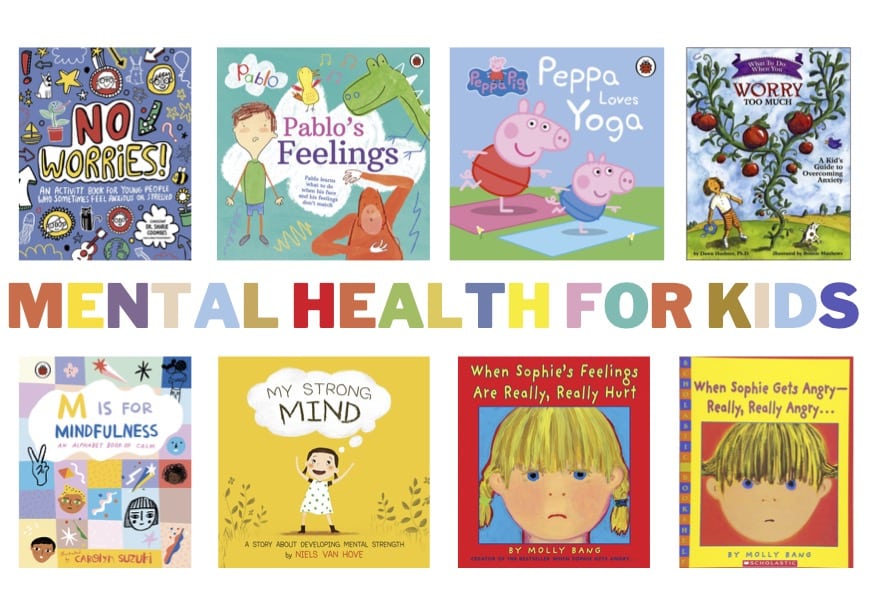Do you know that 1 out of 3 Malaysians is suffering from mental health disorders?
Over 450 million people around the world are affected by mental disorders. According to the World Health Organization (WHO), 1 in 4 people experiences mental illness at some point in their lives.
In Malaysia, 1 in 3 citizens suffers from mental health problems, with the prevalence being highest among low-income individuals and those between the ages of 16 and 19. According to the National Health and Morbidity Survey (NHMS) that the Ministry of Health (MOH) performed in 2015, people aged 16 and older are 29.2% more likely to experience mental health issues.
During the Pandemic
A March 2021 ASEAN Today article revealed that Malaysia is experiencing an increase in mental health problems, which the existence of COVID-19 may be exacerbating. It lists the main causes of anxiety, stress, and depression as being social isolation, a precarious financial situation, and the loss of a loved one.
Besides, there were 78 attempts at suicide in Malaysia from March 18 to June 9, 2020, during the initial lockdown period. This was a considerable increase from the 64 suicide instances in the year prior, which wasn’t COVID.
The lockdowns imposed in Malaysia also contributed to “a two-fold increase” in mental health issues, as stated by the Malaysian Mental Health Association’s (MMHA) president Dr. Andrew Mohanraj.
One’s mental health might suffer through isolation, suffering, uncertainty, dread, anxiety, and powerlessness, among other things. To help the citizens comprehend and manage mental health issues throughout the pandemic, the nation’s Ministry of Health published publications on mental health and psychosocial support.

Before the Pandemic
However, the 2019 NHMS reported that approximately 500,000 Malaysians were already experiencing depression symptoms before the outbreak.
Mental health issues grew from 10.7% in 1996 to 11.2% in 2006 during the span of a decade. And almost 10 years later, it increased to 29.2% in 2015.
In Kuala Lumpur alone, the prevalence of mental health issues went up to 39.8% in 2015. Compared to male respondents (27.6%), more female respondents (30.8%) expressed concern about their mental health.
In 2019, adult depression was most prevalent in the states of WP Putrajaya, Negeri Sembilan, Perlis, Sabah, and Melaka.
Income also played a role. When compared to respondents (6%) who made RM3,000 or less per month, 13% of those who made RM7,000 or more per month were more likely to suffer mental health difficulties.

Mental illness: The second-biggest health problem affecting Malaysians after heart diseases by 2020
According to Tan Sri Lee Lam Thye, a member of the MMHA Council, mental illness will be “the second-biggest health problem affecting Malaysians after heart diseases by 2020”. He recommended a community-based strategy with increased government efforts to reduce the stigma associated with mental illness. But then the pandemic struck.
In 2020, the nation’s unemployment rate rose from 5% in April to 5.3% in May, and 10.22 million people received aid because of COVID. By June 2020, the aid had reached RM10.9 billion in total.
Only RM344.8 million was allotted for mental health care in the country’s national budget for 2020, which illustrates its lack of readiness. This sum amounts to less than 2% of Malaysia’s entire healthcare budget.
Even with the offer of stimulus assistance, the government has yet to do something concrete to address and treat the psychological and emotional tolls that the pandemic took on Malaysians. There is still a huge room for improvement in the development of mental health services in Malaysia, given that mental health disorders are so prevalent in the Malaysian population.








